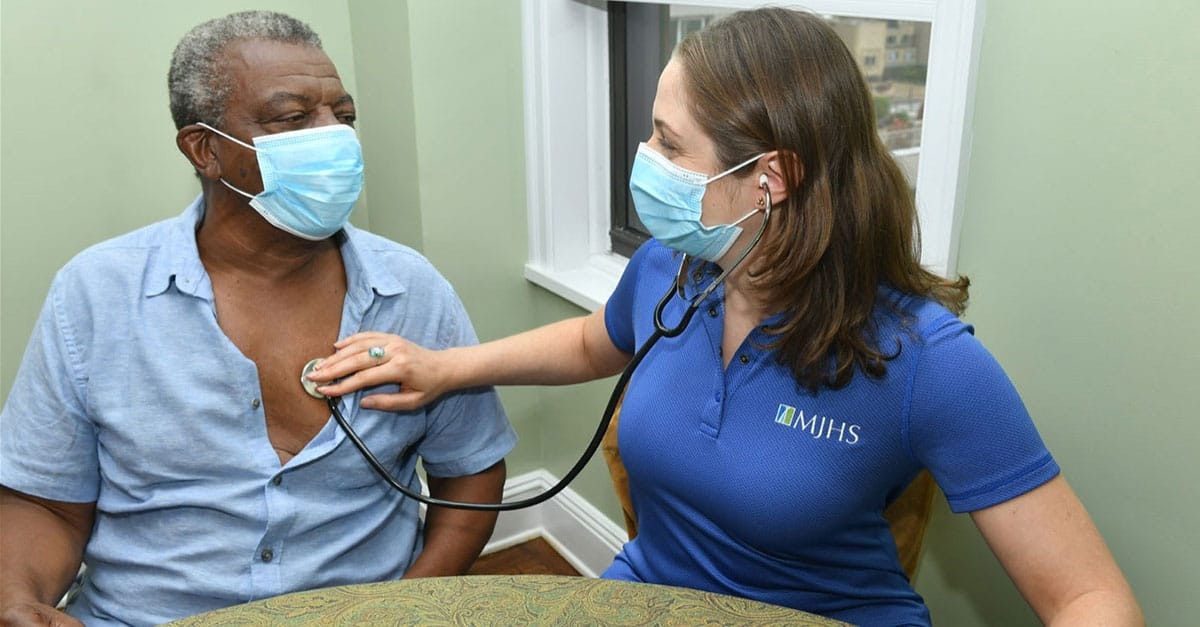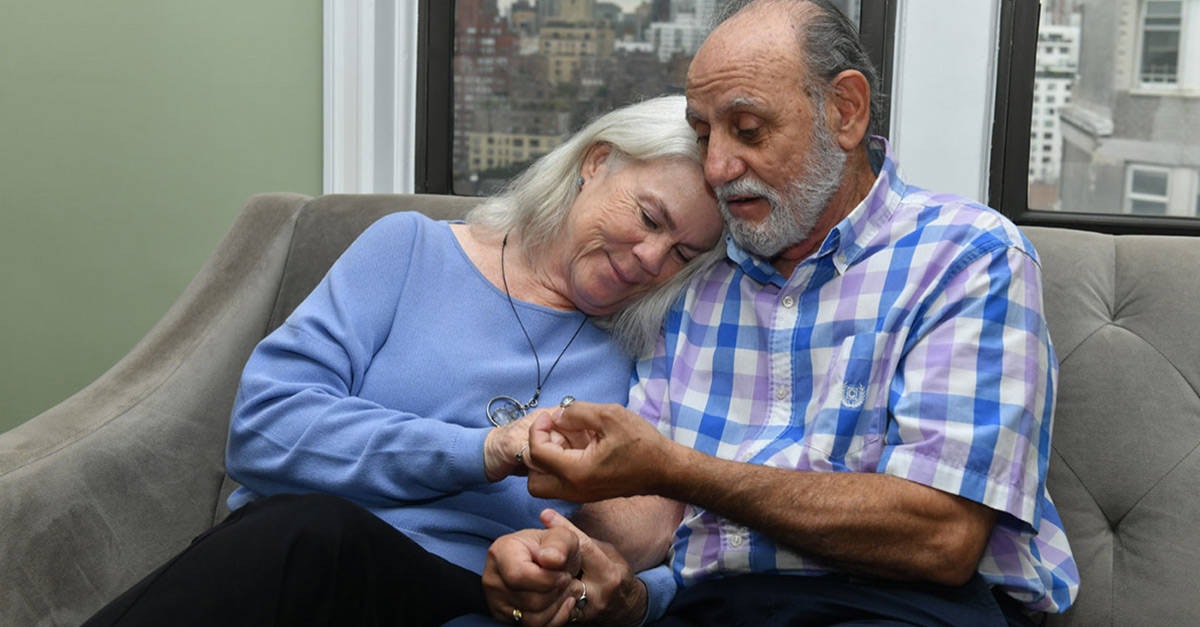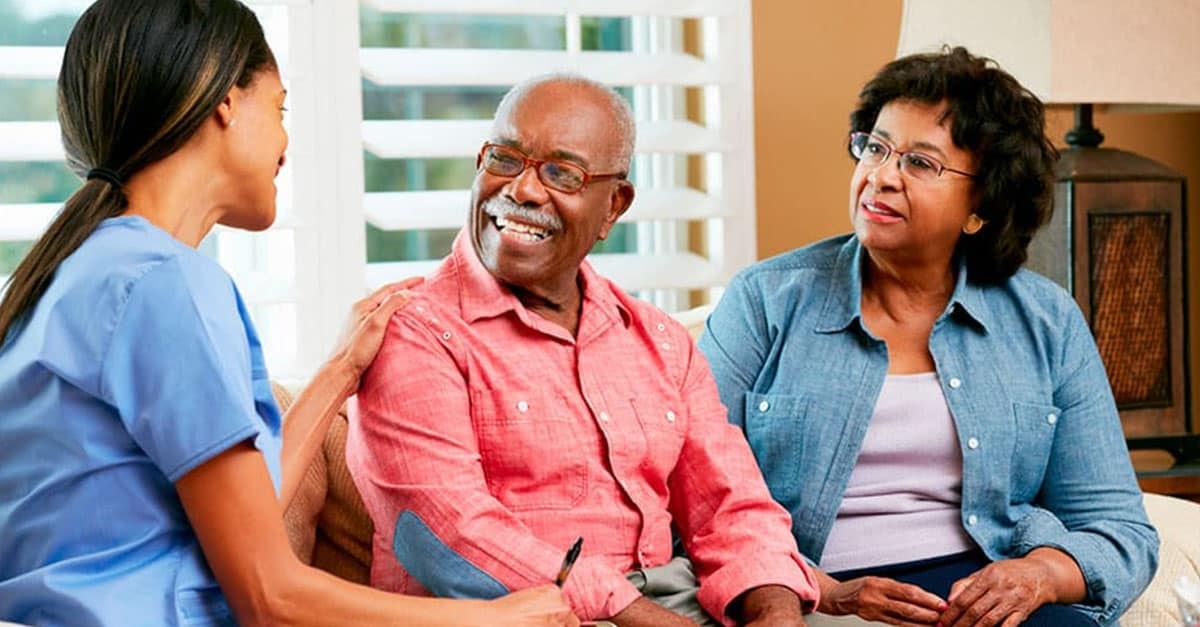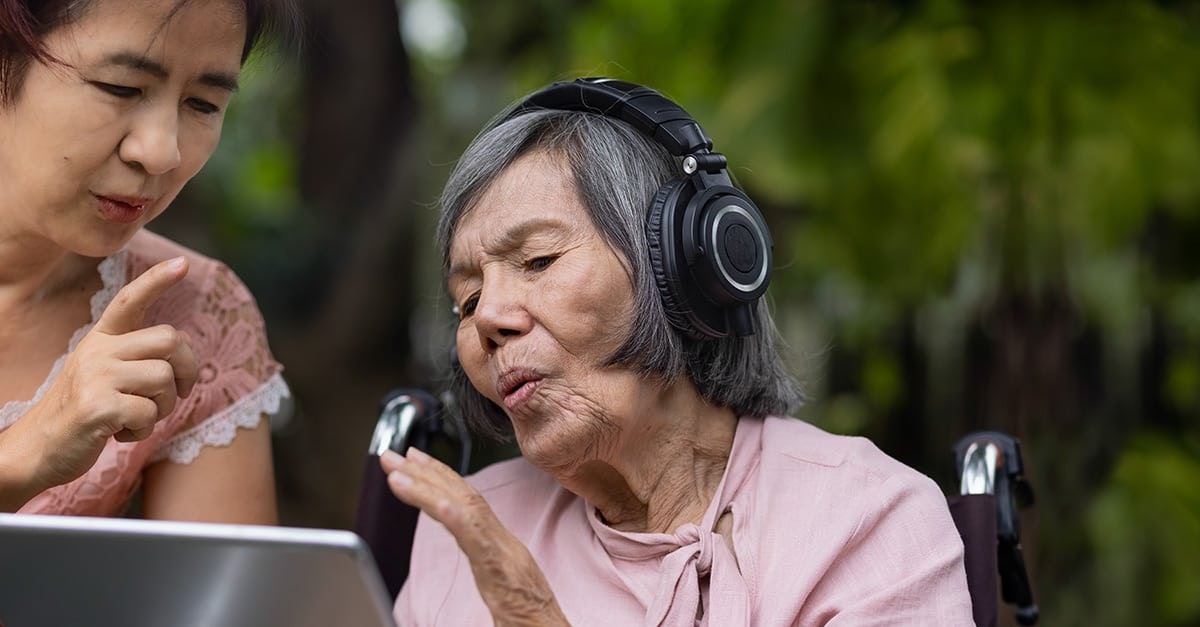Caring for a Loved One with an Advanced Illness

Caring for someone suffering from a chronic or advanced illness can be very difficult.
Suddenly you become inundated with information and instructions. Everyone has a different opinion, but no one has the answer you want to hear. We understand.
MJHS Hospice is dedicated to guiding you through this process on your terms. The resources in this section are a compilation of questions frequently asked by caregivers. We hope that we can be a source of support and clarity during this challenging time.
Need Hospice Care?
Contact 212-420-3370
[resources]
Helpful Tips for Describing Pain
Pain is very subjective, and it is essential to recognize that no two people experience pain in the same way. This article will provide helpful tips on getting a loved one to describe their level of pain.
Congestive Heart Failure (CHF) and You
Congestive Heart Failure (CHF), also known as Heart Failure, is when your heart gets damaged and is not pumping enough blood to meet your body's needs. Learn more.
Warning Signs of Dementia
Dementia can be a scary word. Learn about the early warning signs and what to do if you're noticing symptoms.
9 Tips for Visiting Someone Receiving Hospice Care
There are things you can do to bring comfort and joy to a person in hospice. We pulled together the following tips from the hospice nurses, social workers, and clergy at MJHS Health System.
Must-Know Words and Phrases Related to End-of-Life Care
Navigating any stressful and significant situation requires effective communication and clear understanding. To help you better understand the various issues that may arise, both in a general and Jewish context, the list below explains the terms you are likely to encounter.
The Role of Art & Music for Patients with Dementia and their Families
Visual art, music, and literature make the world we live in worthwhile. Enjoying the Arts enriches people's lives with dementia and gives them a creative outlet to express their emotions. Learn about the Role of Music and Art Therapy doe people with dementia.








